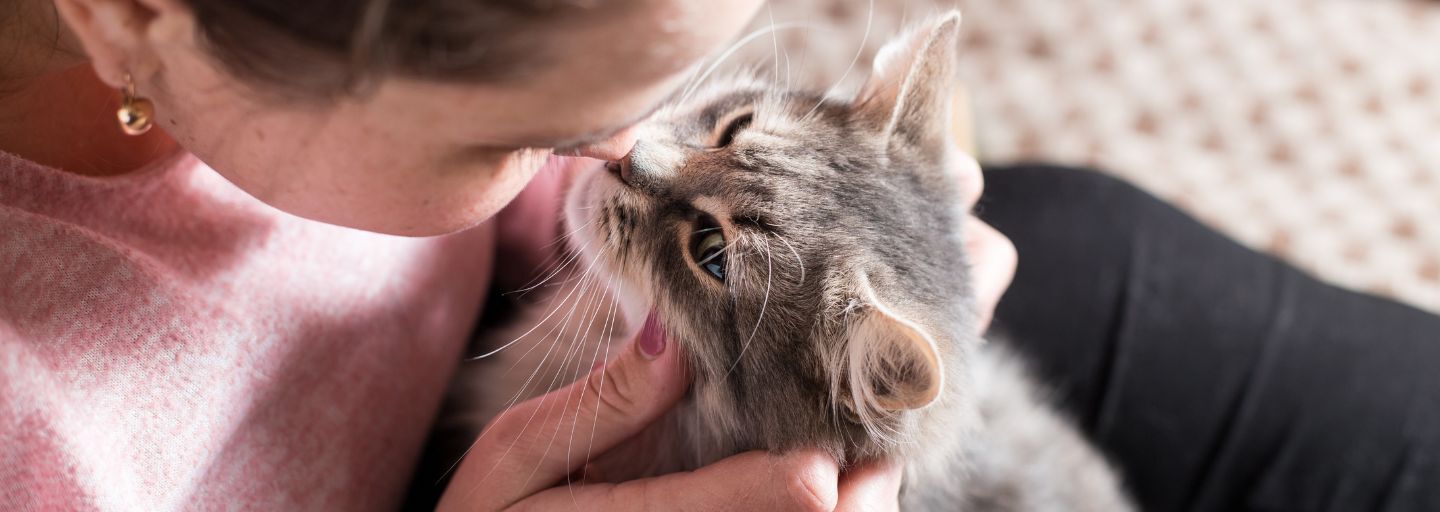As cat owners, we adore our feline companions and want to ensure their health and well-being. So, when we see our cats sneezing, it's natural to be concerned. Sneezing in cats can occur for various reasons, ranging from minor irritations to more serious underlying conditions. In this article, we will explore the common causes of sneezing in cats and when it may be necessary to seek veterinary attention.
Irritants and Allergies
Just like humans, cats can be sensitive to certain irritants and allergens in their environment. Common triggers include dust, pollen, mould, cigarette smoke, and certain cleaning products. When cats come into contact with these irritants, they may sneeze as a way to clear their nasal passages. If the sneezing is occasional and not accompanied by other symptoms, such as nasal discharge or difficulty breathing, it is likely due to mild irritations or allergies.
Upper Respiratory Infections
Upper respiratory infections (URIs) are a common cause of sneezing in cats. These infections are usually viral and can be transmitted through direct contact with infected cats or through shared objects like food bowls or bedding. Sneezing is often accompanied by other symptoms such as nasal discharge, coughing, watery eyes, and lethargy. If your cat displays these signs, it's important to consult with a veterinarian for proper diagnosis and treatment.
Dental Issues
Believe it or not, dental problems can also lead to sneezing in cats. Infections or abscesses in the teeth or gums can cause inflammation and drainage into the nasal passages, triggering sneezing. If your cat's sneezing is persistent and accompanied by bad breath, drooling, or reluctance to eat, it's crucial to have their dental health evaluated by a veterinarian.
Foreign Objects
Cats are curious creatures and may occasionally sniff or play with objects that can become lodged in their nasal passages. This can lead to sneezing as the body tries to expel the foreign object. If you suspect your cat has something stuck in their nose, it's important to seek veterinary assistance promptly to avoid further complications.
Nasal Polyps or Tumours
In some cases, persistent or chronic sneezing in cats may be caused by nasal polyps or tumours. These abnormal growths can obstruct the nasal passages, leading to sneezing, nasal discharge, and difficulty breathing. If your cat's sneezing is frequent, accompanied by other concerning symptoms, or if it persists despite treatment for other conditions, it's crucial to consult with a veterinarian for further evaluation.
When to Seek Veterinary Attention
While occasional sneezing in cats is usually harmless, there are situations where veterinary attention is necessary. You should consult with a veterinarian if:
- Your cat's sneezing is persistent or frequent.
- Sneezing is accompanied by other concerning symptoms such as nasal discharge, coughing, or difficulty breathing.
- Your cat's appetite, behaviour, or energy levels have changed.
- Sneezing is accompanied by blood in the nasal discharge.
- Your cat is a young kitten, elderly, or has an underlying health condition.
A veterinarian will perform a thorough examination, which may include diagnostic tests such as blood work, X-rays, or nasal swabs, to determine the underlying cause of your cat's sneezing. Treatment options will depend on the specific diagnosis and may include medications, supportive care, or surgical intervention if necessary.
Sneezing in cats can have various causes, ranging from minor irritations to more serious underlying conditions. While occasional sneezing is usually harmless, persistent, or frequent sneezing accompanied by other symptoms should not be ignored. Seeking veterinary attention is crucial to ensure the health and well-being of your beloved feline companion. By addressing the underlying cause of sneezing, you can help your cat breathe easier and enjoy a happy, healthy life.







